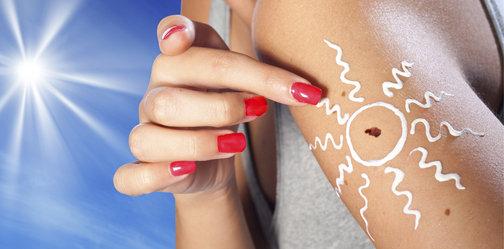The NHS Bowel Cancer Screening programme offers screening every two years to all men and women aged 60-74 (or 50-74 in Scotland) who are registered with a GP. If you are eligible you will automatically receive a test kit in the post with instructions.

The screening is for healthy people with no apparent signs of the disease. The test actually looks for traces of blood in your poo, which could be an early sign of cancer. So a positive doesn’t mean you definitely have cancer.
If bowel cancer is diagnosed at an early stage there is a good chance it can be successfully treated. The statistics show that 9 out of ten people survive their cancer for five years or more if it is diagnosed early.
Collecting a sample of your poo might not be your idea of good fun, and it is your choice whether to take part in the programme, but might just nip something rather unpleasant in the bud.
You can find out more about bowel screening on the Cancer Research website at cruk.org/bowelscreening









